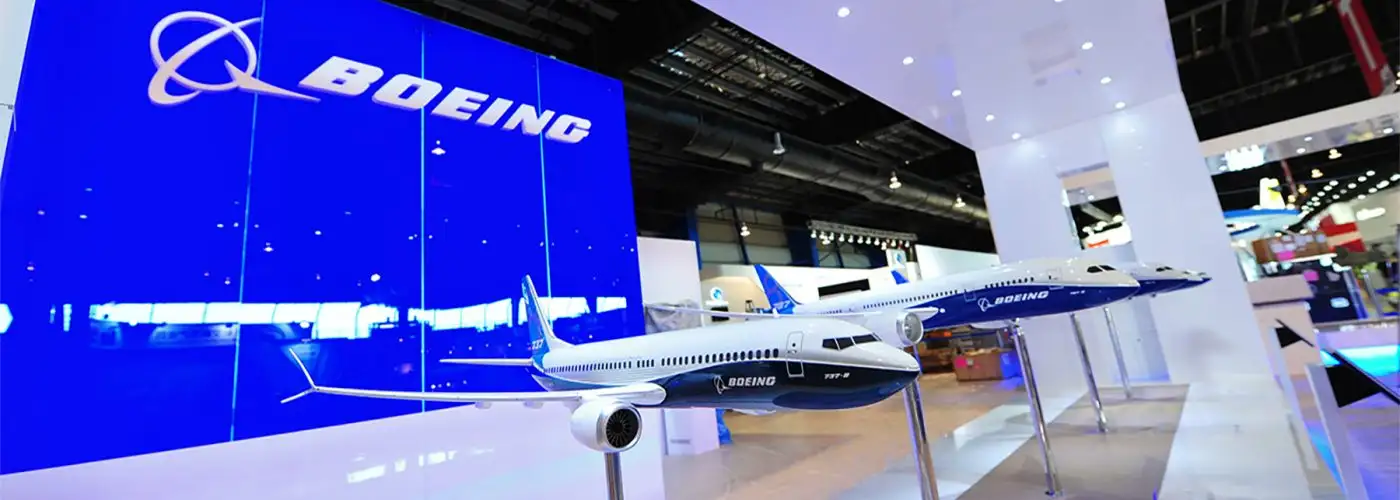Nearly a year has passed since the Boeing 737-MAX last flew in early 2019. The fate of the beleaguered aircraft remains very much in doubt, with no true sense of when the airline might return to the skies.
For now, the airline appears grounded through at least late summer. American, United, and Southwest have all pulled the MAX from their schedules until mid-August or early September, an indication that they do not expect the plane to return to service before then. Airlines have made similar moves several times since the MAX was grounded, usually cancelling flights or shifting aircraft onto different routes to account for the lost capacity.
In January, Boeing said it doesn’t expect regulators to approve the MAX until June or July, though that target is far from certain. The company halted production on the plane around the same time.
Just this past week, however, a new problem appeared: Debris in the fuel tanks of as many as 35 completed aircraft, reportedly “tools and rags,” which can (obviously) cause major problems with an aircraft in flight. In a statement, the airline said it is “taking steps to make sure we eliminate FOD (foreign object debris) from any and all aircraft. This is unacceptable and won’t be tolerated on any Boeing aircraft when it’s delivered to the customer.”
Boeing’s CEO told NBC in Seattle: “It’s basic discipline. It’s nothing more, nothing less than production discipline. It’s every employee, every associate looking after their work, their area every moment in time, to make sure the FOD never arises again.”
Boeing said the discovery would not impact that summer timeframe for returning the MAX to service. But this isn’t the first time fresh problems have been found in the long-grounded planes: In February 2020 software issues were yet again reported, and cracks in the aircraft wings were found prior, in addition to other previous issues.
Will Passengers Trust the MAX?
The underlying question for Boeing, following an extended (and very rocky) emergency grounding, is whether or not customers feel comfortable boarding the MAX again. No matter how thoroughly the airplane is tested prior to approval, there’s a real risk that travelers simply won’t trust the aircraft, fairly or not. And there’s little reason to believe that airlines or insurance companies would permit fear of flying on one as a legitimate reason for a refund.
In addition to the crashes that led to the grounding, the perception of Boeing and the MAX specifically is colored by quality control issues (see the above fuel tank debris and prior manufacturing problems) and questions about the Boeing’s commitment to safety, as well as the current FAA’s. If anything, the tragedy of those crashes seems to have pulled back the curtain at Boeing, revealing a culture that, at times, prioritized costs and profits over safety.
These issues strike at the heart of the single most important question about the MAX: When Boeing and the FAA says they’re ready to fly, will travelers take their word for it?
More from SmarterTravel:
- Will the 737 MAX Fly Again? Where Trust in Boeing Goes Now
- Emergency Order Grounds All 737 MAX Planes
- Ethiopian Airline Crash Raises Questions About a New Plane Model
We hand-pick everything we recommend and select items through testing and reviews. Some products are sent to us free of charge with no incentive to offer a favorable review. We offer our unbiased opinions and do not accept compensation to review products. All items are in stock and prices are accurate at the time of publication. If you buy something through our links, we may earn a commission.
Related
Top Fares From
Today's Top Travel Deals
Brought to you by ShermansTravel
12-Night Peru Escorted Tour, Incl. Sacred...
Wingbuddy
 vacation
$2198+
vacation
$2198+
16-Night Hawaiian Islands Cruise Over Christmas...
Princess Cruises
 cruise
$1579+
cruise
$1579+
Ohio: Daily Car Rentals from Cincinnati
85OFF.com
 Car Rental
$19+
Car Rental
$19+




